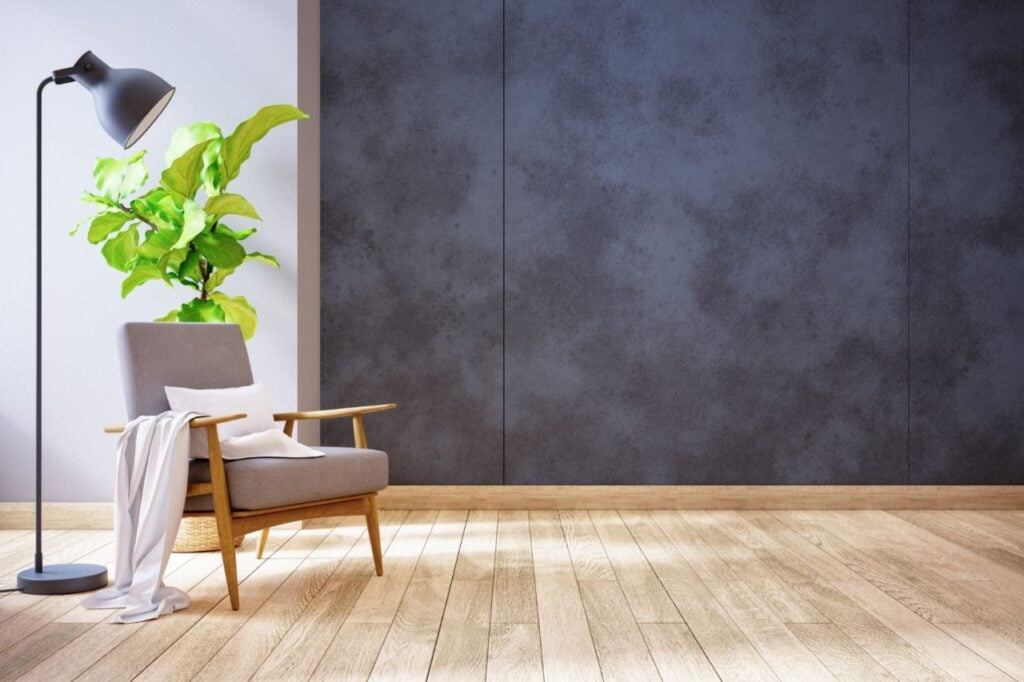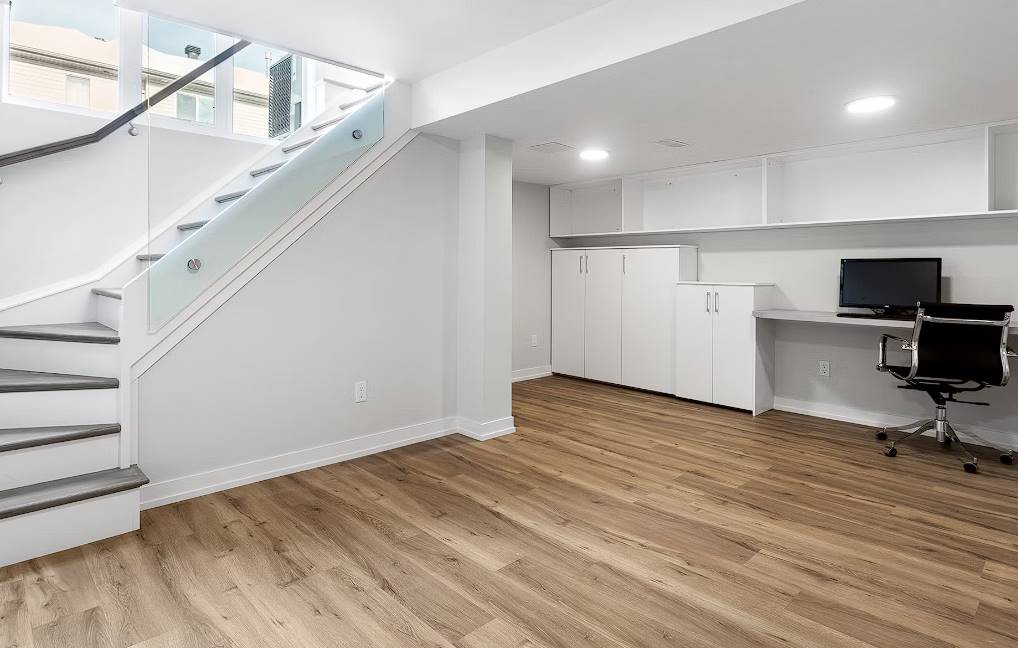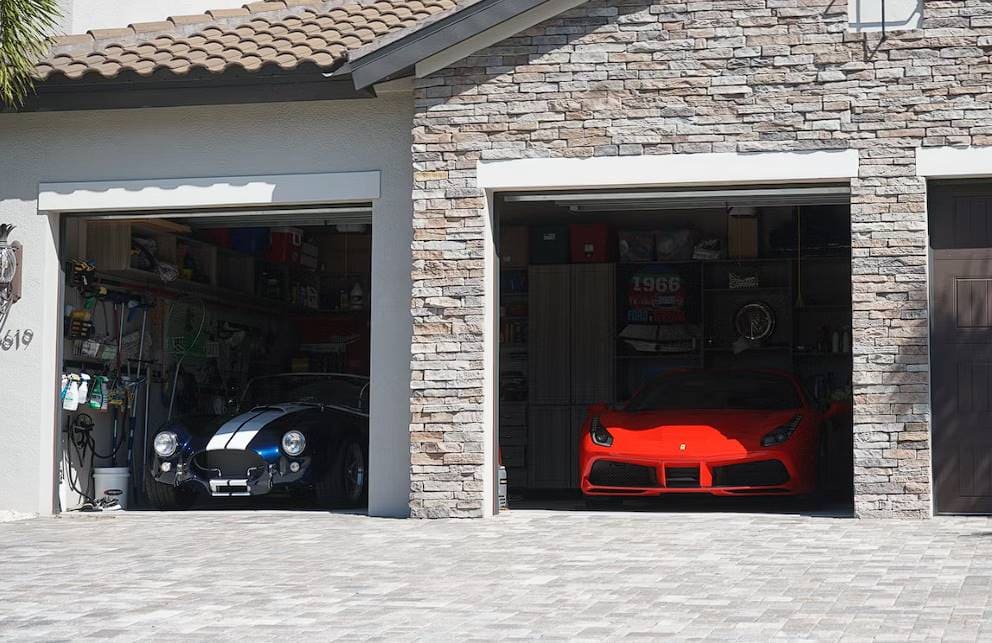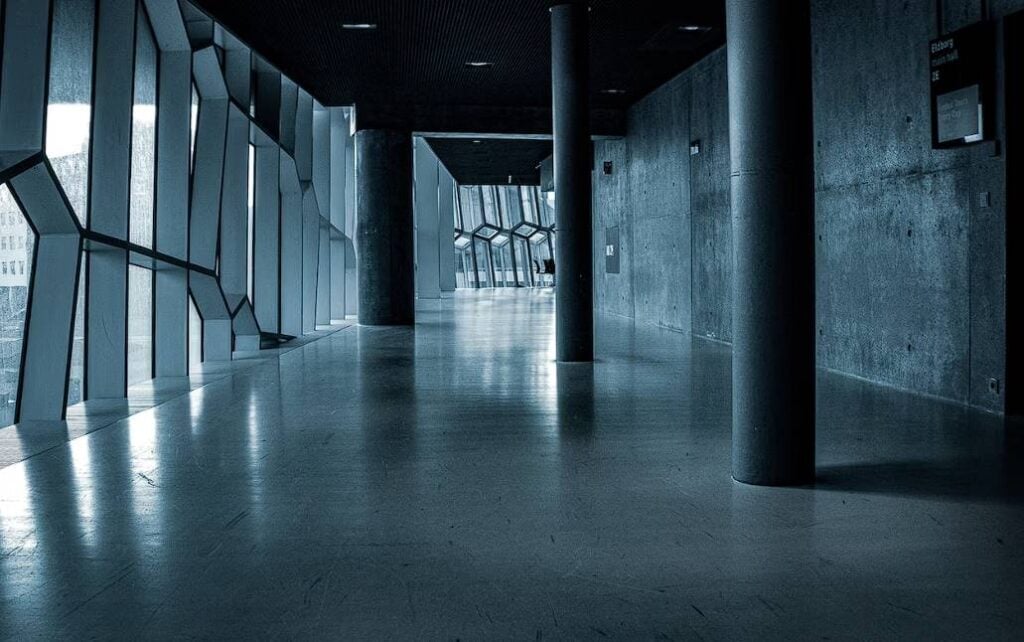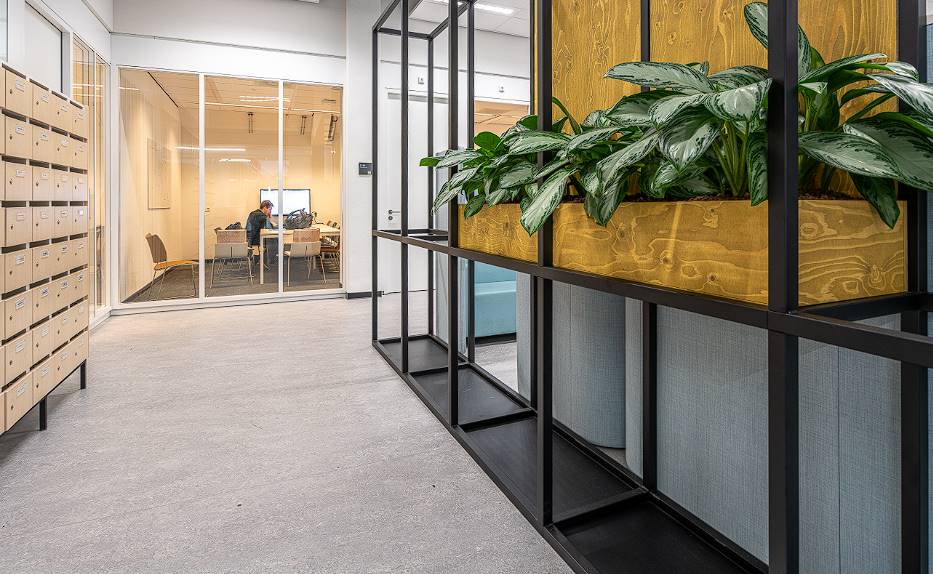Best Cleaning Solution For The Floor?
This year, we surveyed more than 1,100 consumers across Australia for their feedback on the floor cleaners they have actually bought and used in the last 12 months. Respondents ranked brand names on effectiveness, ecological friendliness, ease of use, odor, packaging design, worth for money and total consumer fulfillment. Those that received the minimum required survey sample of 30 responses are featured in our outcomes.
Best Floor Cleaners
Here are the best flooring cleaners in Australia, as rated by consumers in Canstar Blue's newest evaluation:
- Bosisto's & Pine O Cleen
- Earth Choice
- Strike
- Helpful Andy
- ALDI Power Force
- Coles Ultra
- Dettol
- Ajax
This year, Bosisto's & Pine O Cleen share the leading area in our floor cleaner scores, both accomplishing five stars for smell, ease of use and overall fulfillment. Bosisto's likewise got full marks for packaging design, with Pine O Cleen accomplishing efficiency. In addition, earth Choice got the edge over other brand names for environmental friendliness, while Strike took the crown for worth for money.
How To Find A Good Floor Cleaner
Value for cash: 20%.
Alleviate of use: 17%.
Smell: 15%.
Product packaging design: 14%.
Ecological friendliness: 12%.
Floor Cleaners.
Bosisto's.
Bosisto's isn't just for soothing colds or refreshing your laundry but also for cleaning your home with natural active ingredients. The brand offers a variety of natural cleansing items with locally sourced important oils, mostly eucalyptus oil.
Pine O Cleen.
Pine O Cleen is promoted as being a professional in all things benchtops, floors and other surfaces, with a wide variety of cleaners that generally fall under the 'multi-purpose' classification. For example, a cleaner range consists of scents such as Crisp Apple and Pomegranate Blossom, which claim to cut through difficult dirt and grime on floors and tiles while supposedly eliminating 99.9% of bacteria.
Earth Choice.
Keeping your home good and tidy does not need to come at an expense to the environment, and Earth Choice is definitely a brand name of option for numerous eco-conscious Aussie customers. Among its armoury of cleaning products is its Floor & Surface cleaner in an attractive bottle made from recycled plastic.
Strike.
For something low-cost as chips, the Strike Floor Cleaner knocks basically all other brand names down on rate. The product is exclusive to Woolworths and offered for simply $2, with each bottle containing 750ml.
Handy Andy.
If your name is Steve or Amy, you can still use this item and consider yourself pretty useless around the house. A Clorox brand name, Handy Andy is a no-frills flooring cleaner that is available in a 750ml bottle.
Aldi Power Force.
Discount grocery store chain ALDI bends as one of the leading brands for flooring cleaners. It provides the Power Force Pro Heavy Duty Cleaner in a couple of aromas − Original, Citrus and Wooden − each offered in a 1.25 L bottle for $2.19.
Coles Ultra.
Coles has a range of budget-oriented floor cleaners, including its no-frills liquid cleaner, along with some floor wipes produced simple spill clean-ups. Similarly to Woolies' Strike, Coles' Ultra flooring cleaners have a look at an inexpensive $2 for a 750ml product or $2.30 for a 1.25 L bottle.
FAQs About A Cheap Good Cleaning Solution For The Floor.
What Is A Good Mopping Solution?
Aslett recommends an easy cleaning solution: a fast squirt of meal cleaning agent in a bucket of water. "Dish detergent is made to cut through grease and gunk. Just do not utilize excessive, or the floors will be dull.".
How Do You Make Homemade Floor Cleaning Solution?
Combine 1/4 cup white vinegar, 1/4 cup baking soda, one tablespoon meal cleaning agent, and 2 gallons of warm water. Apply it either with a damp cloth or a wrung-out mop. Afterwards, go over it with fresh water and dry it.
Is Bleach Good For Cleaning?
From decontaminating clothes to restroom and kitchen surfaces, bleach is certainly good for cleansing, but there's a lot you need to understand about the strong agent prior to you go ahead and douse your furniture with it.
Do You Need To Rinse After Cleaning With Bleach?
Rinse bleach from surfaces as directed; make certain you wash surfaces as directed, as proper rinsing avoids bleach residue. When the food contact surface sterilizing option is blended correctly with the right amounts of bleach and water, there will be no residue when the surface has actually been air-dried.
What Should You Not Use Bleach On?
Bleach should not be applied to copper or stainless-steel appliances. That's due to the fact that the corrosive chemicals in bleach can respond with metal and leave stains and even rust, according to ARCSI. "Always use authorized cleaners on metal surface areas. Also, never use bleach or ammonia to eliminate rust.
Natural Cleaning Recipes.
When it pertains to keeping the home clean, sometimes natural is much better. So if you're all set to take the environmentally friendly plunge, it's time to toss out your toolbox of sprays and tonics and begin cleaning up the natural method. Natural cleansing treatments are often better for the environment and far more affordable than commercial options. Easy to make, lots of natural cleansing solutions can be produced with basic home staples like white vinegar and bicarb soda.
Not only are these natural cleaning ideas hard-working, but they're likewise flexible and can be used in a wide array of ways throughout the home. So you can bid farewell to filling your vanity cupboards to the brim with cleaning products. If you're uncertain where to start with natural cleansing options, here are seven basic multi-purpose natural cleaning recipes to master that will assist you clean your home from ceiling to floor in no time at all.
All-Purpose Cleaner.
One part white vinegar + one part water = all-purpose cleaner.
FYI: Don't utilize vinegar on marble, stone or granite - it can remove them.
Drain pipes Cleaner.
One cup of baking soda + kettle loaded with boiling water = drain cleaner.
Put the baking soda down the drain, followed by the water.
Cast Iron Pan Cleaner.
Olive oil + coarse salt = cast iron pan cleaner.
A little elbow grease assists with this one, too!
Floor Cleaner.
Bucket of boiling water + 1/2 cup white vinegar + 1/2 cup vodka + 1 tsp eucalyptus/peppermint oil = floor cleaner.
Feel free to sub in your preferred necessary oil.
Stainless Steel Cleaner.
White vinegar + olive oil = stainless-steel cleaner.
Spray with vinegar first and rub away dirt and debris. Then buff in a small (really, small!) quantity of olive oil for shine.
Glass Cleaner.
Two cups distilled water + 2 tbsp white vinegar = glass cleaner.
Toilet Bowl Cleaner.
1/2 cup baking soda + 1/2 cup white vinegar = toilet bowl cleaner.
Put it in, let it sit, and flush.
How To Make Your Floor Tiles Sparkling Clean With Vinegar?
With a progressively worldwide consciousness related to keeping the environment tidy, more and more individuals worldwide are selecting green products. Especially when it concerns our houses. Rather than going for strong chemicals and bleaches that can be damaging, there is a growing awareness that we can keep our homes clean using natural homemade treatments.
Why Is Cleaning Tiled Floors With Vinegar A Good Idea?
Let's face it, tiles get dirty and dirty pretty quickly. So when you consider the porcelain or ceramic tiles in the bathroom or kitchen area, vinegar is the best environment-friendly cleaner. Why? To start with, it is safe to utilize around family pets and kids.
While it has a very distinctive smell, the latter is not frustrating or damaging, and it vanishes quite quickly with good airing. Moreover, vinegar safely disinfects most hard surfaces and works wonders with grease and tough water stains. And the best part about it is that once it dries, it leaves a fresh and neutral fragrance.
What You Will Need For Your Homemade Vinegar Floor Cleaner:.
White vinegar.
Pail and warm water.
Mop.
Broom or vacuum.
Towel.
Sponge.
The Step-By-Step Tile Cleaning Process.
Combine 1/2 cup of vinegar with 1 gallon of warm water into the bucket. Then mix well.
Sweep with a broom or vacuum the flooring to gather all dust, sand, mud and other small particles that could, otherwise, scratch the tiles' surface throughout the cleaning.
Tidy the cooking area tiles by dipping the mop in the vinegar and water solution. Apply the mop over all the tiles in sequence from side to side or top to bottom.
When cleaning the restroom tiles, we recommend you use the sponge, too. Dip the sponge in the vinegar cleaner and clean the hard water stains off. Once you've used the sponge on the discolorations, you can use a dry towel to wipe off the staying damp residue.
Open the windows to let the fresh air circulation through the space. This way, the floor will dry quicker, and the strong smell of vinegar will be entered prior to you understand it.
You may require to spend some additional time on those tiles with discolorations. Keep cleaning the stain with the solution till it vanishes or fades. When you've covered the entire flooring, give it some time to air dry entirely prior to walking on it.
Perk suggestion: If you have stubborn stains, consider moistening the flooring and scattering baking soda all over it. Then scrub gently with a water and vinegar option. Cleaning up tile floorings with vinegar and baking soda is an easy and chemical-free way to handle old stains in the kitchen and bathroom.
Anti-bacterial Cleaning Products.
The overuse of antibacterial cleansing items, consisting of disinfectants in the house, might produce germs resistant to numerous prescription antibiotics. Bacteria resistant to lots of antibiotics are referred to as multi-resistant organisms (MROs). As a marketing technique, media advertisements recommend that bacteria in the home are harmful and must be removed by using any number of anti-bacterial or antimicrobial items available.
Household Products Containing Antibacterial Agents.
Home products that are identified as antibacterial, antiseptic or antimicrobial include:.
soaps and detergents.
hand lotions.
disinfectants.
window cleaners.
cleaning up cloths.
surface area sprays.
mouthwashes.
tooth paste.
trash can and plastic wrap.
Textiles and carpet underlay.
A number of these items include anti-bacterial agents such as triclosan. These components are valuable in health centers and other healthcare settings, but their efficiency could be compromised by unneeded domestic use. Their wIn addition, their read usage in the home might make some germs resistant to these antibacterial compounds.
Cleaning Products May Contribute To Antibiotic Resistance.
There is evidence that the use of anti-bacterial and antimicrobial cleansing products-- integrated with the over-prescription of antibiotics-- may produce strains of bacteria resistant to disinfectants and antibiotics. There are a number of problems included:.
There may not be enough antibacterial or antimicrobial agents in these cleansing items to ruin germs entirely.
The majority of bacteria will pass away when exposed to antibacterial or antimicrobial cleansing products, however some might endure and multiply. These pressures can become resistant to prescription antibiotics and disinfectants.
Resistant stress of bacteria can cause increased infection threat in the community, hospitals, and other healthcare settings.
Disinfectants are typically not used properly. For example, they are not combined according to the manufacturer's guidelines (more is not much better).
The Majority Of Bacteria Are Beneficial.
Many germs help humans. For instance, intestinal germs assist us to digest food. In addition, the 'good' bacteria that naturally reside on and inside our bodies help us stay healthy by keeping the varieties of 'bad', disease-causing germs under control. Sadly, good germs are also killed when using anti-bacterial or antimicrobial cleaning items. This could be harmful if the ratio of excellent to bad germs is disrupted, and bad bacteria get the upper hand.
Soap And Water Is Just As Effective As Antibacterial Cleaning Products.
Healthy homes do not need anti-bacterial cleaning items. Effective handwashing with soap, and family cleaning utilizing warm water and a plain cleaning agent, is the most inexpensive way to eliminate germs. Avoid antibacterial or antimicrobial products-- they are more expensive, no more effective at cleaning, and their widespread use might position a wider health threat.
Anti-bacterial Cleaning Products And Allergies.
Researchers have recommended that the contemporary fixation with tidiness might be instrumental for the boost in allergic asthma and conditions such as hay fever (allergic rhinitis). It has also been suggested that some direct exposure to certain microbes may help manage the immune system. This direct exposure may reduce the body's propensity to develop an allergy against typical allergens.
This is based upon the observations that are maturing in a large family, remaining in childcare from a young age and living with family pets appear to reduce the chances of establishing allergic disease. More research study into this area is required, however present understanding suggests that children's immune systems might need direct exposure to bacteria and other microbes to function at their best. Simply put, a little dirt never ever injured anyone. For that reason, we target our health practices to the areas of biggest threat, such as cleaning hands after going to the toilet and before dealing with food.
Reducing The Effects Of Harmful Bacteria.
Food poisoning is a significant health danger. Around 11,500 Australians are impacted by gastrointestinal disorder every day. This is brought on by poor food storage, preparation and handling. To reduce this danger:.
Wash and dry your hands after going to the toilet, blowing your nose and before dealing with food-- especially in between handling raw and prepared food.
Usage disposable paper towels to dry your hands rather than cloth towels.
Keep cold food cold (below 5 ° C) and hot food hot (above 60 ° C) to dissuade the development of bacteria.
Shop raw foods listed below prepared foods in the refrigerator.
Usage different utensils for raw and cooked foods.
Clean the toilet and bathroom frequently, particularly the toilet seat, door handles and taps.
Tidy surfaces of infant modification tables every day or more often if they are filthy.
Conclusion.
Using one standard family product, you can clean nearly everything in your house in an environmentally friendly way. This includes the tiled floors, naturally, although not all types. Yes, we're talking about vinegar! Opting for a natural tile floor cleaner is easy and affordable, and while vinegar might not have the best smell, it can definitely make your tiles shine.
Which flooring cleaners will be the finest bet for keeping a clean and healthy flooring? You'll also desire a flooring cleaner that's easy to use and represents excellent value for cash. Many Aussie families have attempted multiple flooring cleaners (47%), while one in three (38%) stick to the exact same brand name. Remarkably however, less individuals now choose for whichever floor cleaner is the most inexpensive or on special (27%).
Choosing for a natural tile floor cleaner is simple and low-cost, and while vinegar might not have the best smell, it can certainly make your tiles shine.
